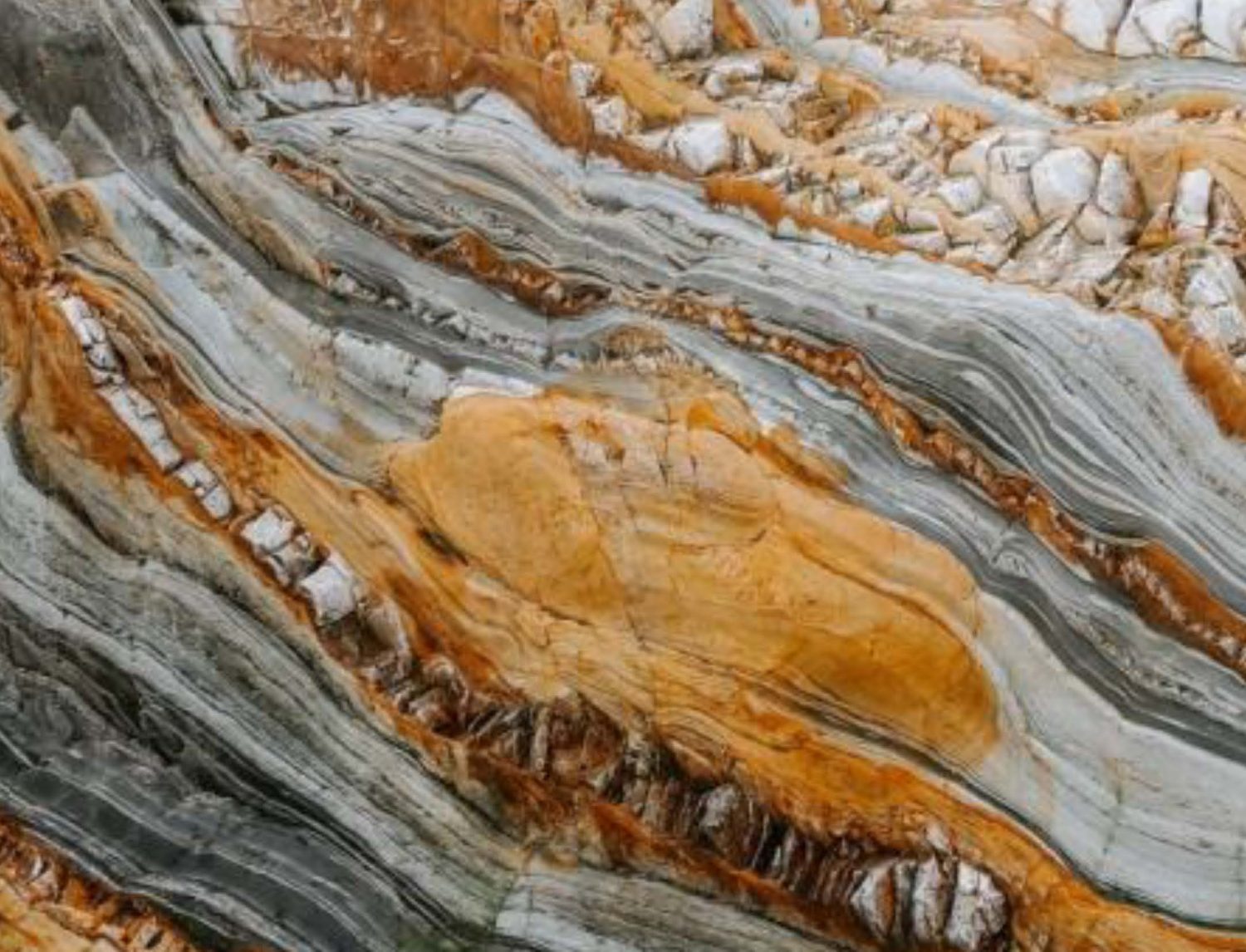by: guest writer, Matt Lee of Innovative Building Materials https://innovativebuildingmaterials.com/
If you’re a fan of HGTV or all those flipping houses shows, you probably already know about the value of surfacing materials. A good countertop or swoon-worthy shower can make or break your home design. Even if you aren’t a fan of the popular house remodeling shows, you probably know that all modern home design includes a focus on surfacing material.
Inspirational Link: https://www.foxblocks.com/blog/icf-modern-home-design
But how do you know which type to use? Do you go with natural stone or cheaper alternatives? Should you go with the same materials throughout your whole house, or break it up?
Granite
Granite is one of the most common, natural stone surfacing materials on the market. It’s hard and durable. Once sealed, it can resist heat and stains. Granite is the “go-to” choice for that natural stone look. While other options like travertine and marble exist, granite remains a top choice among homeowners. Granite is naturally porous, so it will need to be resealed every eight to ten years to resist water and staining.
Where to Use It: If you can follow the resealing recommendations, granite is an excellent option for your kitchen and bathroom countertops. If you choose to use it in your shower, though, be aware that you’ll need to seal it as often as once a year. It’s porous and can develop mold and soap build up in the shower, so it will need to be regularly cleaned and sealed if you choose it for your shower.
Granite typically costs around $45-200 per square foot.
Engineered Quartz
Engineered quartz is created by combining natural ground quartz and resin. It’s become a popular choice for homeowners thanks to its durability and luxurious look and feel. Engineered quartz is non-porous and can resist germs and bacteria. It resists stains as well, and it comes in a variety of colors. Another advantage of engineered quartz is that it’s colored consistently.
Where to Use It: Engineered quartz can be used on almost any surface. From quartz bathroom countertops to shower walls to kitchen countertops and more, it can be used on virtually any surface. It’s less resistant to heat than granite, so you’ll want to be careful with heated styling tools or hot pots and pans. It can resist temperatures up to 150 degrees, anything hotter, you’ll need to protect it before lying things on top of it.
Engineered quartz usually costs between $55-$155 per square foot.
Inspirational Link: https://www.hanstonequartz.com/blogs/blog/quartz-bathroom-countertops
Solid Surfacing Materials
When it comes to materials, solid surface is a material that’s man-made. It’s typically created from a mixture of polyester resin or acrylic resin, and then mixed with color pigments, filler, and acrylic chips. This material is a popular choice for countertops and walls for both the kitchen and bathroom. It’s heat, stain, and scratch-resistant, and it’s a non-porous material that’s very easy to keep clean.
Where to Use It: This material can be used anywhere, but it’s a common choice for bathrooms. People are particularly keen on solid surface walls for their shower, thanks to the maintenance ease. Unlike other materials, solid surface is typically cut in one solid piece, so there are no seams, and it fits exactly to the shape of the shower.
Solid surfacing material average prices range from $35-$85 per square foot.
Inspirational Link: https://www.hanexsolidsurfaces.com/blogs/blog/solid-surface-showers
Wood
Wood can give any room an earthy, rustic feeling. Wood is typically cheaper than metal or stone alternatives. It’s soft to the touch and light. The design possibilities with wood are limitless, making it a popular surfacing design material.
Where to Use It: Wood is porous and subject to scratches and staining. Be prepared for regular oiling, sanding, and maintenance. If sealed properly, wood countertops in the kitchen can be a good choice but ensure that you’re cleaning and treating the countertop to prevent mold and mildew build-up.
Wood generally costs between $40-$60 per square foot installed.
Glass
Glass is an interesting surfacing choice, as the design possibilities are limitless. You can have a solid sheet of glass, painted glass, broken or crushed glass combined with resins, backlit glass, and more. Despite what you might think, glass is durable and resistant to heat and stains. It’s also non-porous.
Where to Use It: Glass makes a great backsplash material. It’s also great for bathroom counters. While you can use it in the kitchen as well, it’s a little more susceptible to damage and fingerprints in the kitchen. While glass is a durable material, it isn’t impermeable to damage. It can crack, and repairs can be costly. While it’s easy to clean, fingerprints are very visible. So, you’ll want to install glass in an area where you can enjoy the visual appeal, without worrying too much about fingerprints or damage.
Glass costs around $90 per square foot installed.
Concrete
Concrete is a surface material making waves for its rustic and industrial aesthetic. Concrete can be used as floors and countertops. Thanks to staining options, it doesn’t have to look like a slab of concrete (unless you want it to, of course). Concrete is poured to fit spaces, so it’s great for all the interesting shaped counters. It’s easy to clean, doesn’t scratch, and resists heat. Concrete does need to be sealed, because it’s porous. You’ll need to reseal it every couple of years. When you reseal, it’s essential to remove concrete sealer that’s already on there before applying the new sealer.
Where to Use It: Concrete is a popular choice for kitchen counters. It’s a cheaper alternative to natural stone, but it’s more durable than laminate or other options. It’s not a top choice for bathrooms because of its porous nature, but as with all things on this list, if it’s properly sealed and maintained, it can be used in any room.
Concrete costs approximately $75-$125 per square foot installed.
How to Link: https://prosoco.com/remove-sealers-from-concrete-with-these-simple-tips/
Things to Consider: Top Surfacing Materials
First, understand the weight, thickness, size, and cutting options. For instance, if you have an interestingly shaped countertop, you’ll want to go with something easy to cut.
Additionally, you’ll want to consider durability. Is the material water-resistant, stain-resistant, or heat resistant? Moreover, do you need it to be? Another thing to consider is cost. Know your budget before you start looking. You don’t want to fall in love with something outside of your price range, when there’s a budget-conscious option you might have loved just as much if you saw it first.
Ultimately, you’ll want to choose surfacing materials that are aesthetically pleasing to you, but it’s essential to consider the other factors, like durability and water resistance, too. Looking at budget and all the elements combined will help narrow down your choices and help you decide which surfacing material should go in which rooms.






